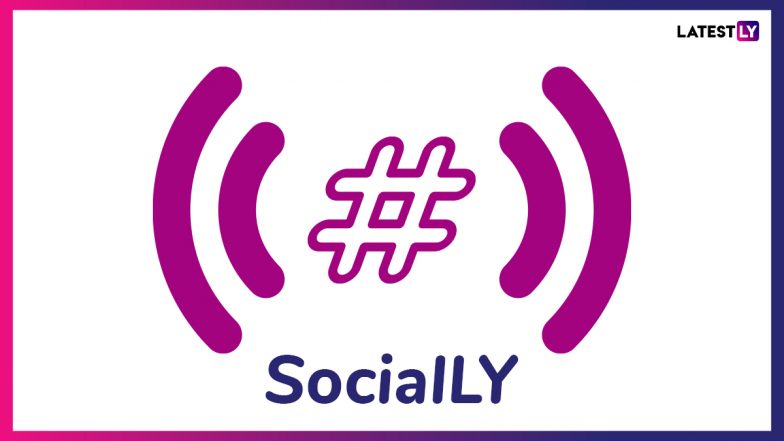Indonesia and the ocean – it is one and the same. Wherever you are in Indonesia, the ocean is never far away. Fifty percent of the population live in coastal areas, and a healthy and protected ocean is key to the country’s development and prosperity.
But with fish stocks depleting, tons of plastic floating on what used to be pristine waters, Indonesia – like the rest of the world – has an ocean-sized problem. I saw this firsthand in a fishing village in the northeast of the country, where poverty is on the rise due to lower and lower catches as a result of industrial overfishing in the high seas nearby. The fishers I met can no longer make a living from the only trade they know. What they do also know is that we cannot take more than what we need from the ocean – in fact we need to take less to restore its health, and what we do take we need to do so sustainably.
Faced with this emergency and building on Indonesia’s initiative to include ocean in the G20 agenda under their presidency, I advocated with the Government for a new national partnership to pool resources and expertise, coordinate and increase the joint impact towards a common goal in support of SDG 14 (life below water). I mobilized the international development partners, rallied the private sector (including through the Global Compact) and the UN agencies, to join in, to support Indonesia on this journey. I also tapped into the resources of the Resident Coordinator’s Office, in particular into the technical knowledge of the Economist, who has been instrumental in drafting the first version of the Action Plan around the four pillars of Blue Health, Blue food, Blue Innovations and Blue Finance, as well as the Partnership Officer who has played a key role in pulling together national actors. Furthermore, I allocated catalytic funding through the Resident Coordinator’s Office coordination budget to kickstart the Secretariat of this Partnership.
Caption: The signing of the Blue Agenda Actions Partnership on the sidelines of the G20 Leaders Summit, 14 November 2022. Clockwise: Valerie Julliand (UN Resident Coordinator in Indonesia), Jodi Mahardi (Deputy Coordinating Minister for the Coordination of Maritime Resources, Coordinating Ministry of Maritime and Investment Affairs) and Brian Dusza (Director of the Office of Environment USAID Indonesia), who represented 12 development partners at the signing ceremony.
Photo: © RCO Indonesia
And this is how 28 organizations – 8 government ministries, 8 UN agencies and 12 development partners – agreed to join forces under the National Blue Agenda Actions Partnership, which we signed with the Government of Indonesia and launched on the margins of the G20 Leaders’ Summit in Bali on 14 November 2022. Under this partnership, representatives from the UN, government and development partners will all have a seat at the table to discuss the planning, financing, and implementation of projects – identify synergies and complementarities that would not have been possible under the old model of everyone focusing only on their own activities and niche objectives.
UN agencies work with and support various government entities which are tackling different aspects of this problem. Small scale fisheries, for instance, will be supported by both FAO and UNIDO, increasing their competitiveness under an ecologically friendly approach. The Intergovernmental Oceanic Commission of UNESCO, UNDP, UNEP, and UNOPS will all help support policy making on various aspects of a sustainable ocean-based economy. Under the partnership, FAO, ILO and UN Women will also engage in various skill building initiatives. The beneficiaries will be the millions of Indonesians who depend on the ocean.
The ocean is an invaluable resource and sustainer of life on earth as we know it. It absorbs almost a third of carbon emissions, moderating climate change; it provides livelihoods and contributes to food security.
The Indonesian Government is among the pioneers who have recognized that business as usual is not an option, and it backs up its words with action, offering fishers money for collecting garbage, launching projects to diversify and increase the income of rural coastal communities, and passing new legislation to limit the amount of organic waste entering the ocean from fish farms.
Pulling in expertise and resources from the UN and the international community was the right approach to complement the Government’s own efforts, because we all want the same thing: an ocean with more fish and less garbage.
Written by Valerie Julliand, UN Resident Coordinator in Indonesia. Editorial support provided by the UN Development Coordination Office. To learn more about the UN’s work in Indonesia, please visit: Indonesia.un.org


